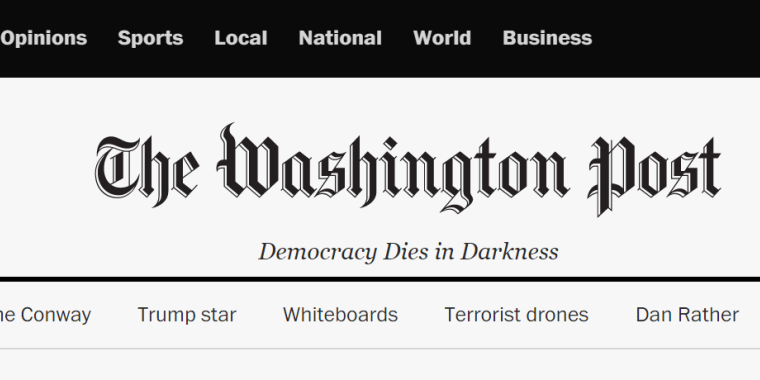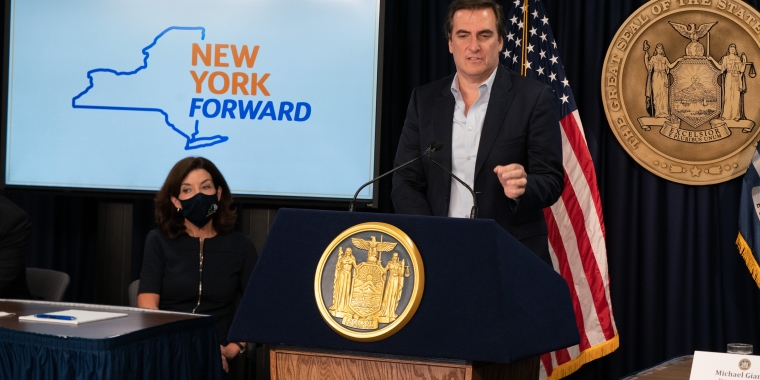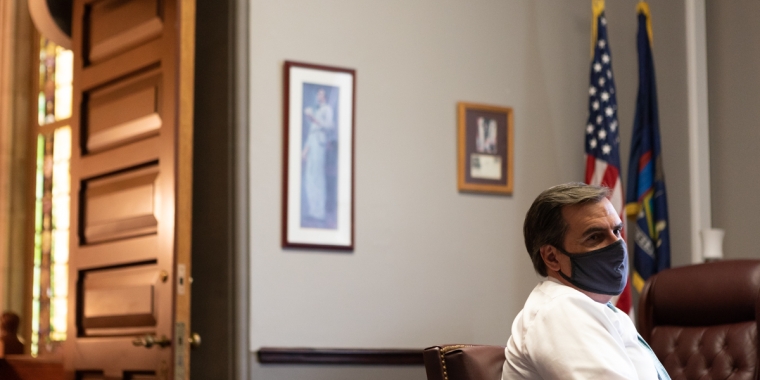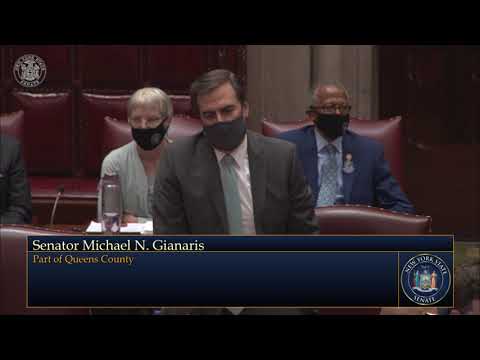
Washington Post: Renters are under severe financial strain. Congress must help them.

Democrats in Congress are planning to release their own stimulus plan, one that will finally allow them to go on the offensive against nickel-and-diming Republicans. In contrast to previous rounds of legislation, it will likely be a wish list of Democratic priorities, including financial aid to cities and states.
Here’s something else it needs to tackle head-on: our monthly rent.
An estimated 43 million households are renters. Even in good economic times, they report having a harder time than homeowners in coming up with the money to pay for basic and necessary expenses. Amidst a pandemic, they are under severe financial strain. In a recent survey conducted by Apartment Guide, 4 in 10 respondents said they worried about being able to pay their monthly rent bill within a few months.
How many didn’t pay their rent on May 1 is unknown, but the number is almost certainly a large one. In April, a third hadn’t paid by the end of the first week of the month, though ultimately all but nine percent had paid up by May.
But the $1,200 stimulus check — which might well have been used by those who received it to cover the April rent — can only be spent once. And the temporary $600 weekly boost to unemployment payments (for those lucky enough to receive them; state unemployment systems remain backed up) is set to end on July 31. This will leave many unemployed renters facing dire choices. In Florida, for instance, the maximum weekly benefit is $275. In a month, that adds up to less than the amount needed to rent a one-bedroom apartment in Orlando.
Calls for a national rent strike point to increasing desperation. Yet so far, the only congressional action is a temporary halt to evicting tenants residing in properties with federally subsidized mortgages — which covers only 1 in 4 rentals.
The policy simply postpones what might be the inevitable without significant financial help. The same is true for the many state bans on evictions during the pandemic. “Someone who is spending $3,000 on rent, they don’t have work and they can’t pay it. A landlord says, ‘Great, you now owe me $6,000.’ It’s just impossible, and it’s not happening,” New York state Sen. Mike Gianaris (D), who is sponsoring rent forgiveness legislation in New York, told me.
With national action lacking, financially desperate renters are left to the vagaries of their particular locale. The D.C. Council passed legislation Tuesday requiring most landlords to negotiate individual long-term payment plans with tenants unable to pay their monthly bill because of the crisis. (Landlords with fewer than five units are exempt.) The Houston City Council voted Wednesday on a proposal to dedicate $15 million in federal aid money to help low-income city residents who couldn’t pay their April or May rent. In return for the money, landlords would need to agree to work with tenants on a payment plan for past-due rent. It sounds generous, but tenant advocates say it’s a drop in the bucket compared with the vast need. San Antonio, with a significantly lower population, has dedicated $25 million to helping families with rent, mortgage and utility bills.
But it’s also true that even the most functional, generous, well-intentioned states and municipalities can’t do it all. They themselves are financially reeling as a result of the pandemic, uncertain about what federal aid they will ultimately receive.
Congress is still thinking about the issue. On the left, Rep. Ilhan Omar (D-Minn.) recently introduced legislation that would suspend and cancel rent and mortgage payments for the duration of the coronavirus crisis. (She would set up a separate fund to reimburse landlords and mortgage note holders.) On the right, Sen. Rick Scott (R-Fla.) has suggested a two-month rent and utility moratorium for residential renters earning less than $75,000 and businesses with fewer than 250 employees, with repayment spread out over the course of a year.
But even if the most generous forgiveness plan was enacted tomorrow — and it won’t be — we’ve already failed a basic test. The rent is just one aspect of the problem. We shut down the economy to prevent death, but our politicians — of both parties — did nowhere near enough to prevent financial agony for millions and millions of Americans. If Washington had offered up wage and salary supports from the beginning (as did a number of European countries), we could have headed off much of this festering crisis.
No one should have to worry about the possibility of losing his or her home as a result of a global pandemic. It’s our shame as a nation we have so far refused to acknowledge that basic fact. The least we can do is try to fix the situation going forward.



